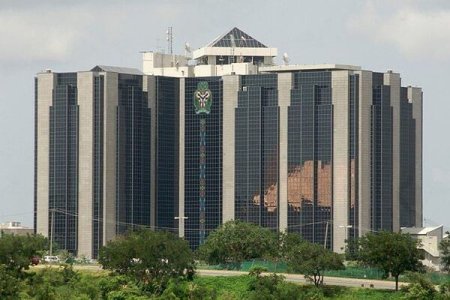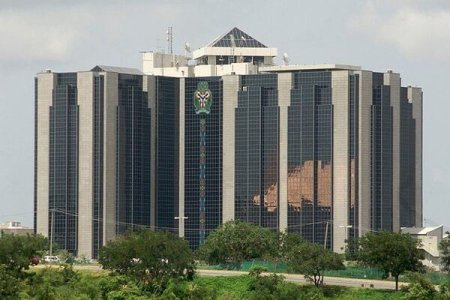
Nigeria's recent interest rate hike to 27.25% aims to curb inflation and stabilize the naira but poses challenges for businesses. The increased borrowing costs could reduce expansion and raise unemployment. Meanwhile, FX inflows may rise, stabilizing the naira, and savers benefit from higher returns on deposits.
The Central Bank of Nigeria (CBN) recently raised the benchmark interest rate to 27.25%, marking the fifth consecutive hike to control inflation and stabilize the naira. While the decision addresses inflationary pressures, it has four significant economic implications:
- Inflation Control: The primary goal of the interest rate hike is to curb inflation by reducing the money supply. By making borrowing more expensive, the CBN aims to rein in inflation, which had surged to almost 40% before easing to 32.15% in August. High interest rates decrease the amount of money circulating in the economy, helping to restore purchasing power and reduce the cost of living.
- Business Contraction and Job Losses: The rise in interest rates increases borrowing costs, making it harder for small and medium-sized enterprises (SMEs) to access credit. SMEs, which account for 96% of Nigerian businesses and 80% of employment, may reduce expansion plans or cut jobs due to higher borrowing expenses. This contraction may lead to a slowdown in economic growth and increased unemployment.
- Increased FX Inflows and Naira Stability: The higher interest rate environment could attract foreign investors seeking better returns, leading to increased foreign exchange (FX) inflows. These inflows could help stabilize the naira, which has depreciated significantly since it was allowed to float freely. Experts predict that the naira may stabilize between ₦1,350 and ₦1,450 per US dollar if FX inflows continue.
- Higher Returns on Savings: On the positive side, individuals with savings accounts, fixed deposits, and other interest-bearing financial instruments will benefit from higher returns. High interest rates offer better returns on savings, making it more attractive for people to save rather than spend. However, this also results in higher borrowing costs for consumers and businesses.
4o


![Today's Naira Rate[25-09-2024]: Naira Depreciates to N1,658.48 as CBN Raises Interest Rates for Fifth Time in 2024](/data/attachments/208/208624-4803cd99f027345ad0bd4f909c6fbdcc.jpg?hash=PERHMQHP25)


